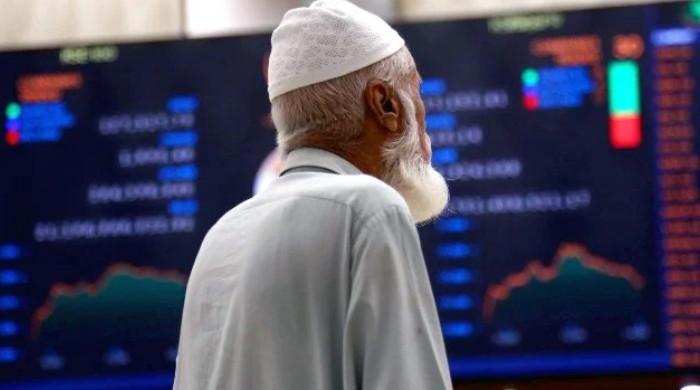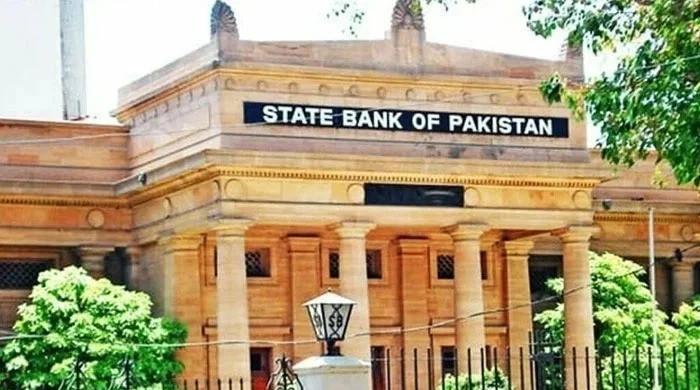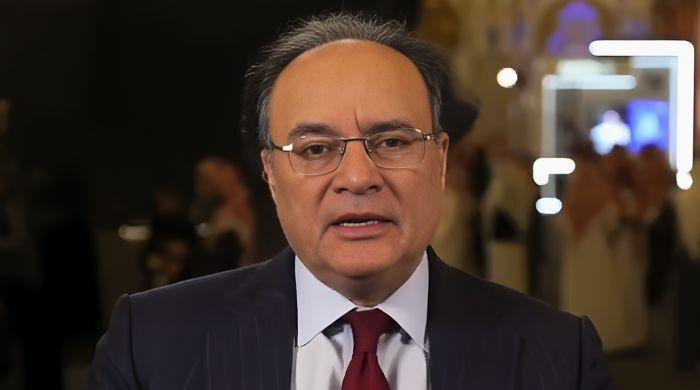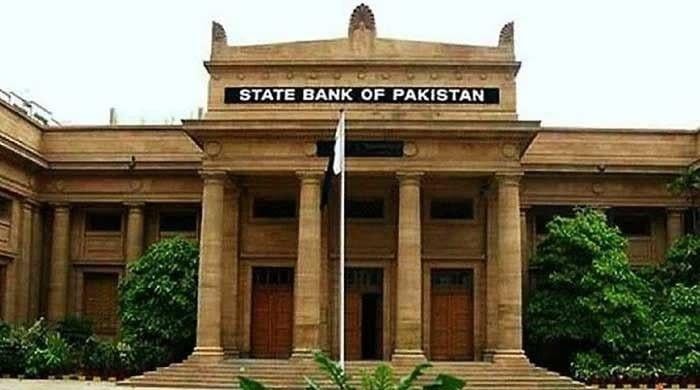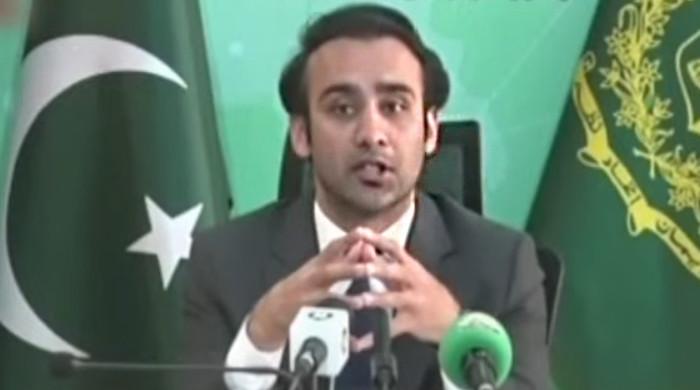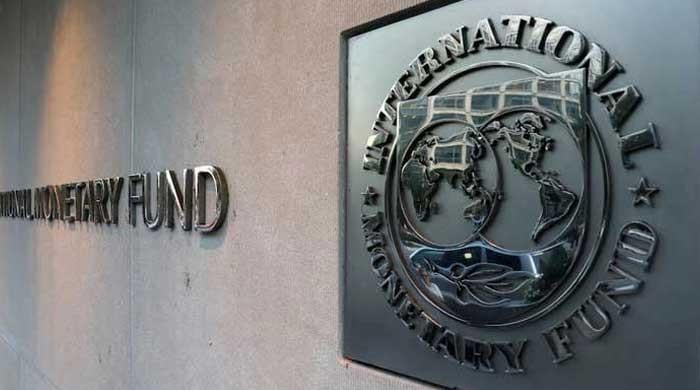Rs23 billion set aside to subsidise energy for exporters to soften impact of coronavirus
The government is trying to keep the export sector viable by also offering it a concessionary tariff on electricity till end of June 2020
March 28, 2020
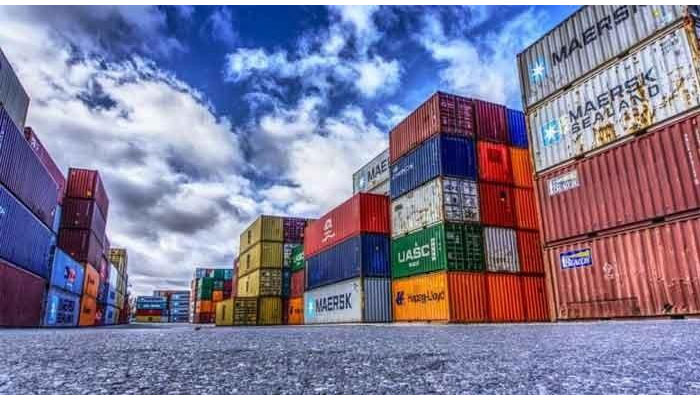
As the impact of the novel coronavirus is felt on industry, the government has set aside Rs23 billion to bear subsidies extended to exporters on their electricity bills, The News reports.
A concessionary tariff of 7.5 US cents per unit of electricity consumed has also been extended till the end of the ongoing fiscal year.
A total of five export-oriented sectors will be provided electricity under the reduced tariff, which will be applicable from January 1, 2019 to June 30, 2020. The government will pick up the difference between actual rate and the subsidised one.
“Electricity bills issued from January 2019 till date, which included surcharges, quarterly adjustments, FCC, and NJS, will be adjusted to a fixed tariff of 7.5 US cents per unit (kWh),” an official document made available to The News read.
“The applicable taxes of the period will be paid by consumers.”
The special relief was proposed by the power division of the Ministry of Energy after industrial consumers previously operating under a zero-rated tax regime kicked up a hue and cry over electricity surcharges that they said had erased any benefits arising from concessionary tariffs extended to them.
Power division of the ministry of energy forwarded the proposal of special relief package for five export sectors in the ECC meeting after the industrial consumers who were previously under zero-rated tax regime raised protest over electricity surcharges that dwarfed the impact of concessionary tariffs.
According to an industry estimate, electricity bills had increase up to 70% and put aggregate cost at 13 cents per unit of electricity.
Meanwhile, electricity costs in Bangladesh, India and China were between 7-9 cents per unit, which put Pakistani exporters' competitiveness at a serious disadvantage .
Due to coronavirus-related shutdowns, exporters are also expecting a $3-4 billion decline in annual exports this fiscal year. That would mean exports barely crossing the $20 billion mark.
Exports had fallen to $22.9 billion in FY2019 from $23.2 billion a year earlier.
Under the new plan, the government will pay Rs14 billion out of Rs24 billion budgeted allocation for the gas sector, whereas it will fund Rs9 billion through savings from various heads or the Public Sector Development Program.
The government has already reduced gas subsidy to Rs17 billion from Rs24 billion through reallocations but, the subsidy will be made up “subject to availability at the end of year”.
“The same subsidy of Rs24 billion will continue for the next financial year as well,” the document said.
The government has further capped additional subsidy at Rs20 billion for continuation of the relief package in the next fiscal year of 2020/21.
However, industrial consumers are concerned over discrimination in delivery of subsidies across the country.
The government on Friday excluded industrial consumers in Karachi from a waiver of late payment surcharge on electricity bills up to July 4, 2020.
It retracted its Thursday decision to extend payment date of electricity bills to July this year without late payment surcharge for all consumers.
Textile exporter Jawed Bilwani termed this as unfair despite the fact that the city is known as the country’s industrial hub and economic backbone.




